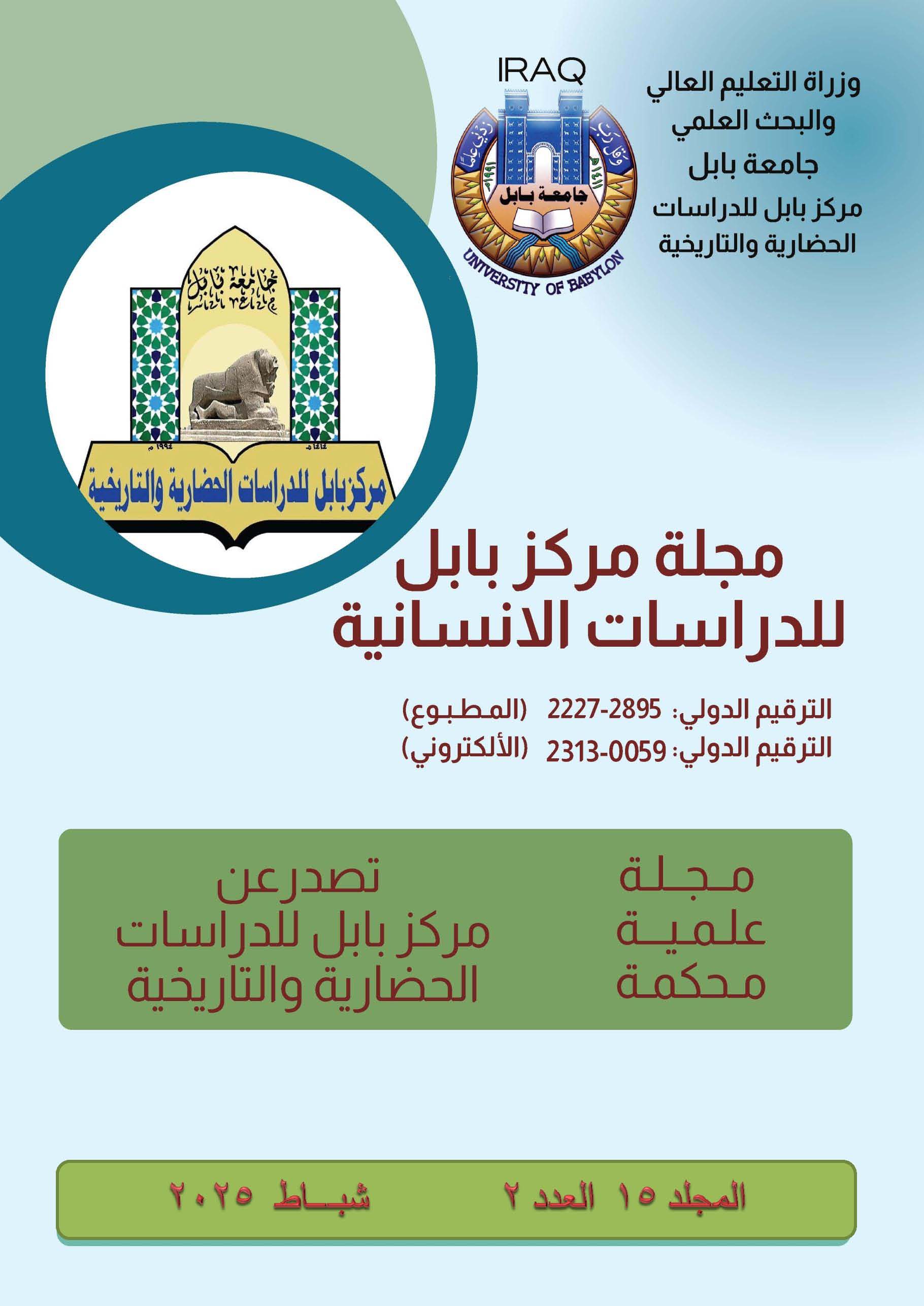The effect of the IDEAL strategy on divergent thinking among fourth-grade literary students in the subject of history
Keywords:
IDEAL, divergent thinking, historyAbstract
The current research aims to identify the effect of the IDEAL strategy on divergent thinking among fourth-grade literary students in the subject of history. To achieve the research objective, the following null hypothesis was formulated.(There is no statistically significant difference at a significance level of (0.05) between the average scores of the experimental group students who studied with the IDEAL strategy and the average scores of the control group students who studied in the usual way in the divergent thinking scale.The researcher adopted the experimental design with two equal groups of post-test subjects for the divergent thinking scale, which consists of the experimental group and the control group. The number of students in the research sample was (62) students, with (31) students in the experimental group, while the control group was (31) students. After that, the researcher built the divergent thinking scale, which includes two areas, namely (upward divergent ideas and downward divergent ideas). Each dimension includes (15) paragraphs, thus the total number of paragraphs in the total scale is (30) paragraphs. To achieve the research hypothesis, the researcher used the t-test for two independent samples and reached the following results. The students of the experimental group who studied with the IDEAL strategy outperformed the students of the control group who studied in the usual way in the divergent thinking scale. The researcher presented a set of recommendations and suggestions







